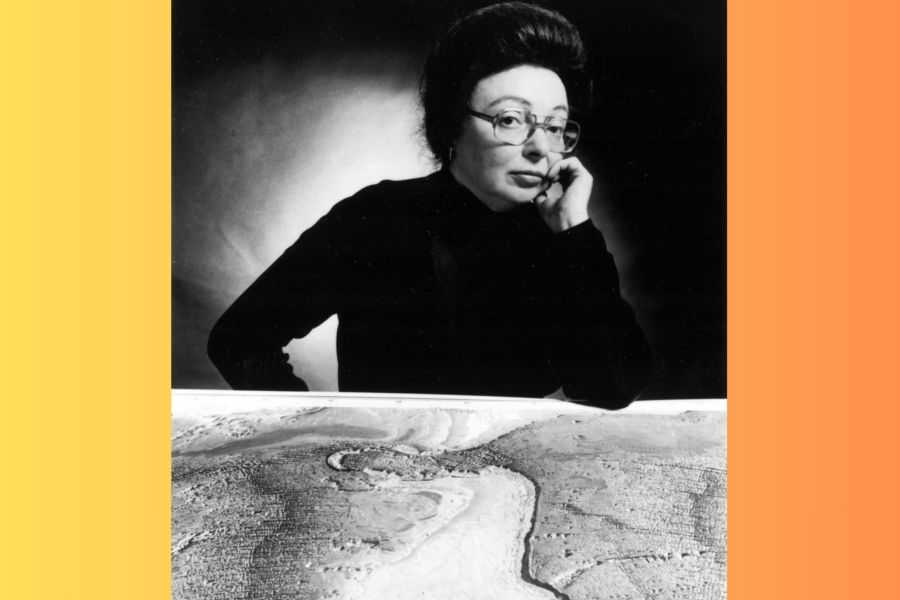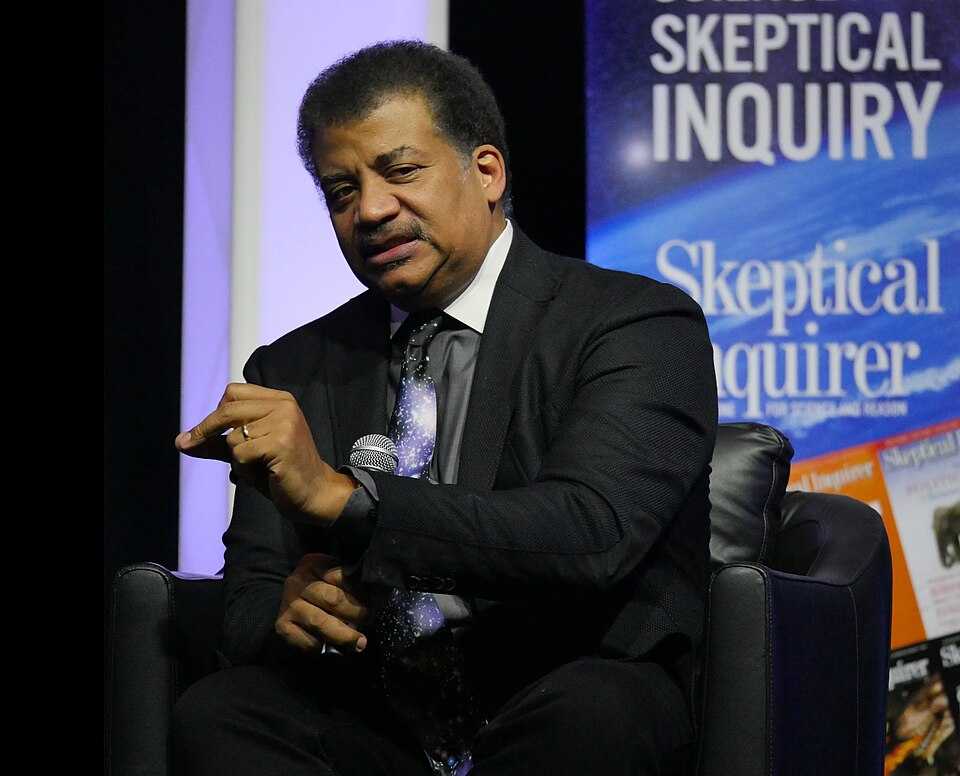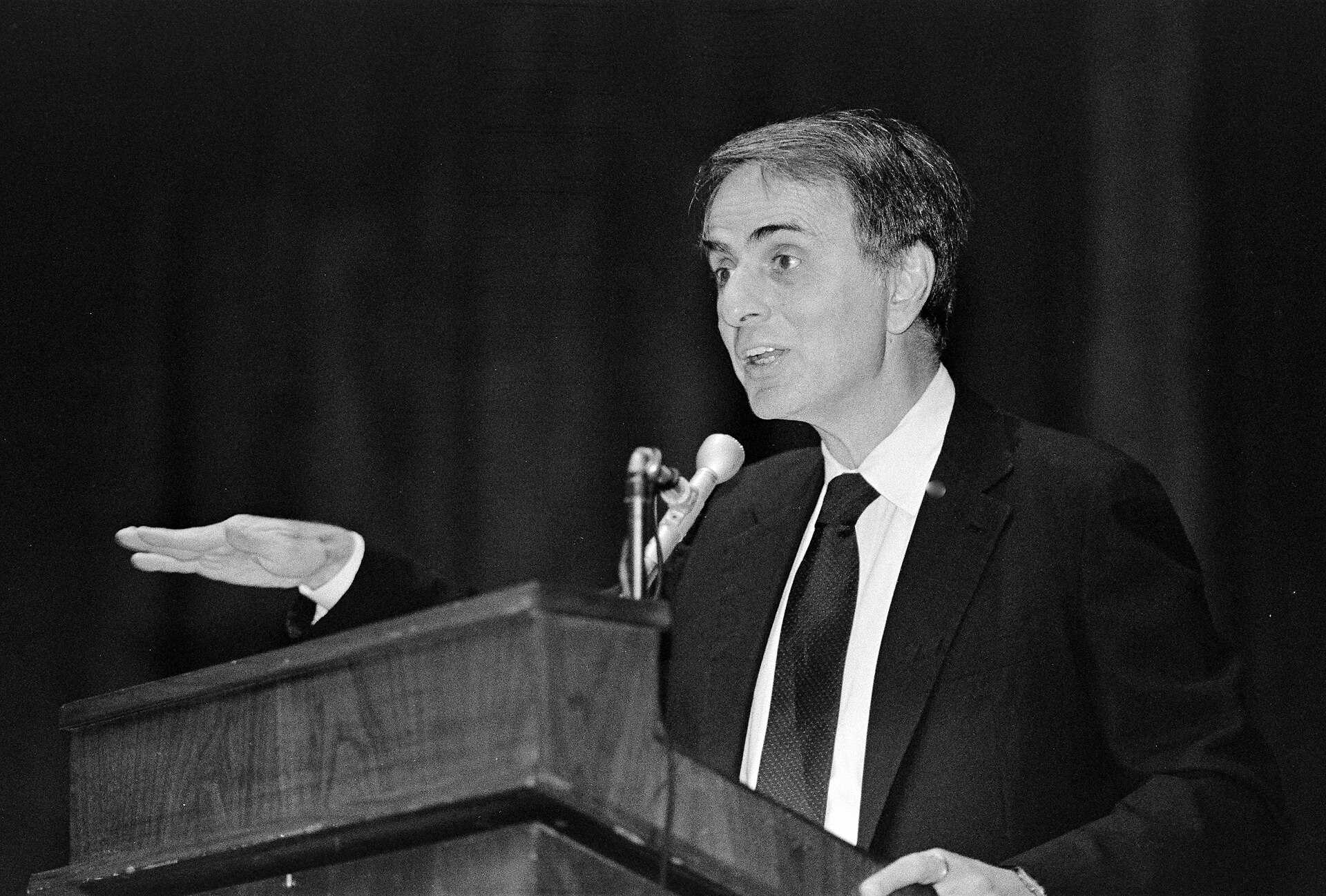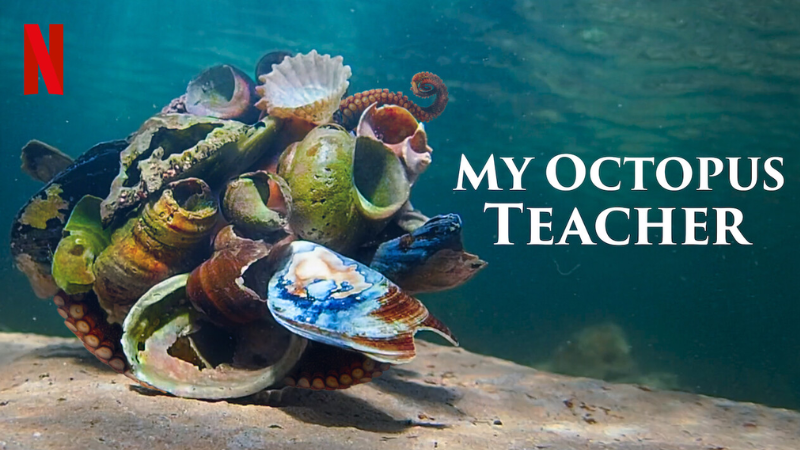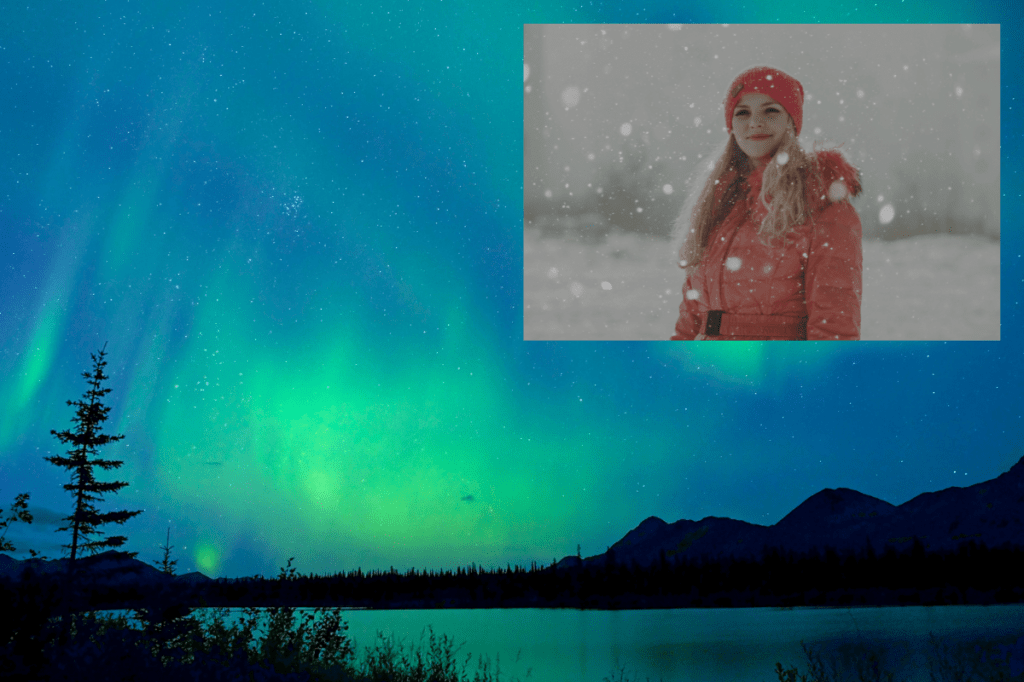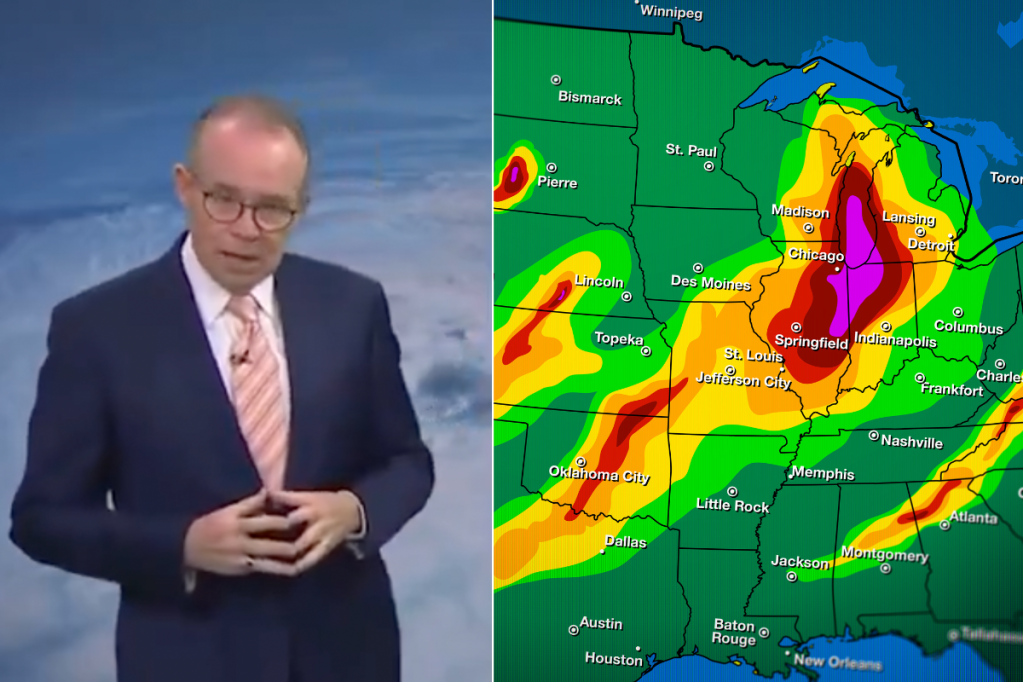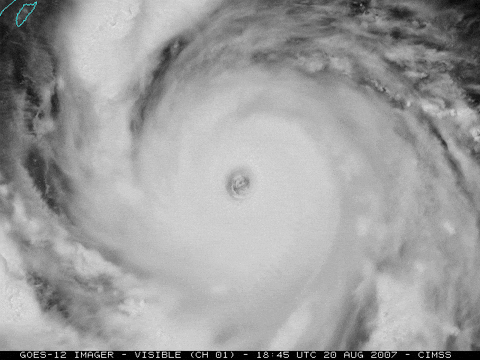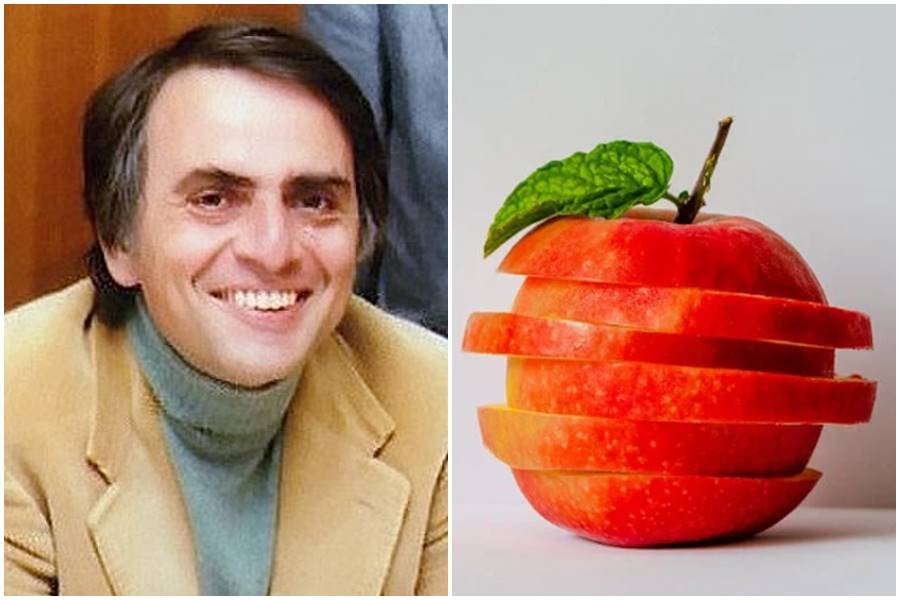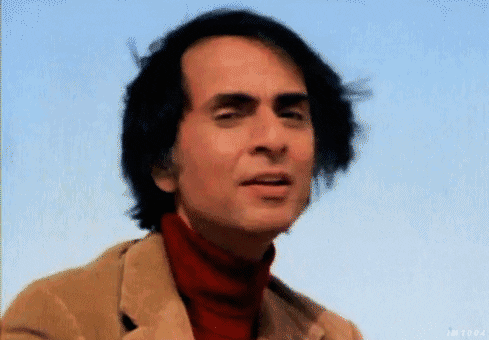Statistically speaking, the number of humans who have traveled into space is insignificant. But the experience of leaving our home planet and venturing into the great beyond is incredibly significant for the individuals who have actually done it. One of those fortunate humans is actor William Shatner, who spent three years pretending to hurtle through space in his iconic role as Captain James T. Kirk on the original Star Trek series. As captain of the USS Enterprise, Captain Kirk was dedicated to exploring “strange new worlds,” seeking out “new life and new civilizations,” and boldly going “where no man has gone before.”
Naturally, Shatner has spent a lot of time pondering what it would be like to actually experience leaving Earth, and when he took the opportunity to join Jeff Bezos’ Blue Origin trip to space in October 2021 at age 90, he was able to compare how his expectations met up with reality. Shatner shared an excerpt from his new book with Variety, and it reveals that his initial reaction to being in space was surprisingly dark.
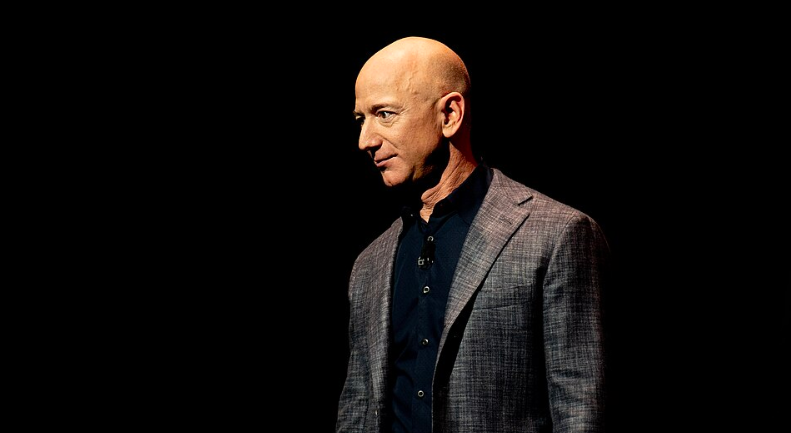
“I love the mystery of the universe,” Shatner wrote. “I love all the questions that have come to us over thousands of years of exploration and hypotheses. Stars exploding years ago, their light traveling to us years later; black holes absorbing energy; satellites showing us entire galaxies in areas thought to be devoid of matter entirely… all of that has thrilled me for years…”
However, as he looked out the window of the spacecraft—a real one, not a screen on a film set—and looked in the direction opposite Earth, “there was no mystery, no majestic awe to behold,” he wrote. “All I saw was death. I saw a cold, dark, black emptiness. It was unlike any blackness you can see or feel on Earth. It was deep, enveloping, all-encompassing.”
As he turned back toward “the light of home,” he saw the opposite. “I could see the curvature of Earth, the beige of the desert, the white of the clouds and the blue of the sky. It was life. Nurturing, sustaining, life. Mother Earth. Gaia. And I was leaving her.”
Then he had a stunning revelation: “Everything I had thought was wrong. Everything I had expected to see was wrong.”
Again, this is a man who has spent much of his life thinking about space—not as an astronaut or astronomer or astrophysicist, but as a human being stuck on the Earth’s surface, struck with wonder about what’s out there. He explained what he had been wrong about:
“I had thought that going into space would be the ultimate catharsis of that connection I had been looking for between all living things—that being up there would be the next beautiful step to understanding the harmony of the universe. In the film ‘Contact,’ when Jodie Foster’s character goes to space and looks out into the heavens, she lets out an astonished whisper, ‘They should’ve sent a poet.’ I had a different experience, because I discovered that the beauty isn’t out there, it’s down here, with all of us. Leaving that behind made my connection to our tiny planet even more profound.
“It was among the strongest feelings of grief I have ever encountered. The contrast between the vicious coldness of space and the warm nurturing of Earth below filled me with overwhelming sadness. Every day, we are confronted with the knowledge of further destruction of Earth at our hands: the extinction of animal species, of flora and fauna . . . things that took five billion years to evolve, and suddenly we will never see them again because of the interference of mankind. It filled me with dread. My trip to space was supposed to be a celebration; instead, it felt like a funeral.”
Shatner explained how this “sense of the planet’s fragility takes hold in an ineffable, instinctive manner” for many astronauts when they view Earth from orbit. It’s part of the “overview effect“—the profound shift in perspective that comes with seeing our collective home from a distance. With no visible borders between nations or peoples, it becomes clear that our divisions are all manmade, which can change the way we view humanity as a whole.
The experience left Shatner with renewed conviction to focus on what we share in common.
“It reinforced tenfold my own view on the power of our beautiful, mysterious collective human entanglement,” he wrote, “and eventually, it returned a feeling of hope to my heart. In this insignificance we share, we have one gift that other species perhaps do not: we are aware—not only of our insignificance, but the grandeur around us that makes us insignificant. That allows us perhaps a chance to rededicate ourselves to our planet, to each other, to life and love all around us. If we seize that chance.”
Upon returning to Earth, Bezos offered Shatner champagne, but he turned down the offer because he needed a moment to collect his thoughts on what he had just experienced. He told Jimmy Fallon on The Tonight Show that the trip gave him a moment to reflect on his life. “What’s equally important is caring, loving, the planet is going to be inundated, unless we do something about it,” he told Fallon. “All the deep things that we should be thinking about, every so often, we need to be reminded. And that moonshot, that did it to me.”
Just beautiful. Since most of us will never leave Earth, we can take inspiration from those who have, acknowledge our essential oneness and do everything in our power to protect our beautiful, life-giving home.
Shatner shares more of his reflections on life on this planet and beyond in his most recent book, “Boldly Go: Reflections on a Life of Awe and Wonder.”
This article originally appeared two years ago.






